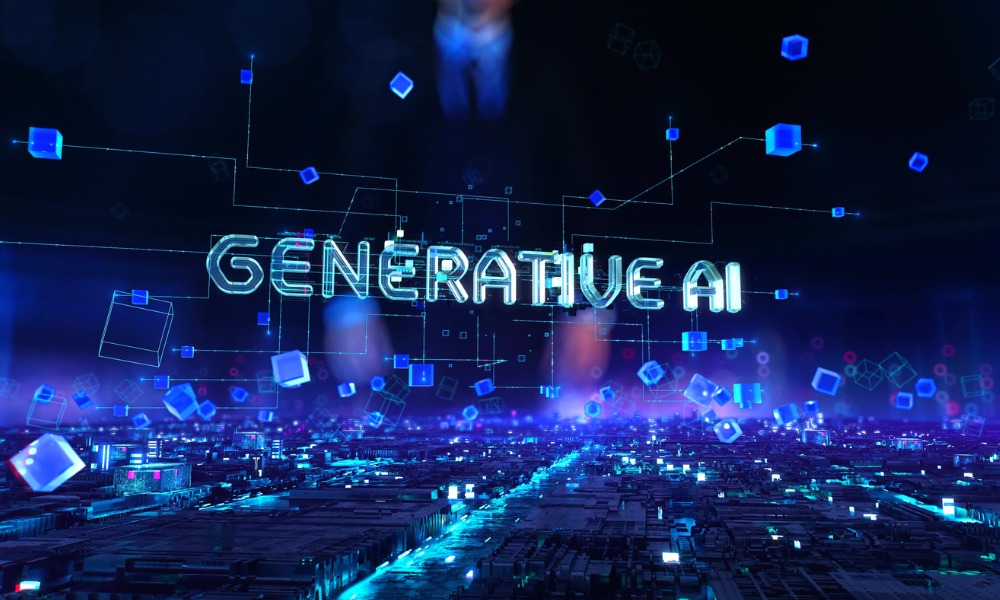
Majority of workers looking for training on the use of GenAI, there's significant difference among leaders, non-managers when it comes to access, finds report

The adoption of generative artificial intelligence (GenAI) in the workplace is in full swing, but a lot of workers still lack access to the training they need to effectively use the technology, according to a recent report.
Overall, 70% of workers are already using GenAI in the workplace, but less than half are receiving any form of GenAI guidance from their employers, reports The Adecco Group.
And there’s a significant disconnect when it comes to using the technology. Executives (87%) are more likely to use GenAI at work compared with non-managers (52%). High-income workers (78%) and degree-educated workers (76%) are also more likely to use the technology for work compared with their counterparts (60% for low-income workers and 51% for secondary-educated workers).
Two in three (67%) companies in five countries have not yet incorporated AI into the workplace, according to a previous report from consulting firm Peninsula.
There is also a significant divide between managers and non-managers when it comes to guidance on the use of the technology: leaders (66%) are more likely to receive guidance for using AI compared to non-managers (32%), according to The Adecco Group.
This is the case even though 57% of workers overall expressed that they'd like to receive AI training.
"The world of work is shifting from a jobs-based to a skills-based economy, and this shift is being accelerated by the rapid adoption of Generative AI,” said Denis Machuel, CEO of the Adecco Group.
“This year's report uncovered substantial gaps in access to GenAI training and guidance despite widespread use and highlighted the urgent need for organizations to embrace technology transformation, boost career mobility, enhance worker skills and capabilities, and protect employee wellbeing. In a world being disrupted by technology, talent remains a true competitive advantage; the companies that focus on their people are most likely to ensure the future-readiness of their organizations."
Last month, Ottawa released preliminary guidance to federal institutions on their use of GenAI tools at work, covering the issues and best practices for AI use.
More companies are regularly assessing workers’ skills this year (56%) compared to 2022 (50%), according to The Adecco Group’s Global Workforce of The Future Report 2023, based on a survey of 30,000 workers from 23 countries across multiple industries.
And more employers are investing effectively in developing workers’ skills in 2023 (55%) compared to last year (49%).
However, executives are far more likely to make both claims compared with those down the ranks: 68% of executives say their skills are regularly assessed, and 74% say their company is investing effectively in their skills development.
The numbers for managers are 59% and 58%, respectively. And they are even lower for non-managers (48% and 45%, respectively).
Now, 62% of workers overall intend to take greater control over their skills development in the future.
About three-quarters (73%) of workers intend to stay with their current employer, but 16% are doing it because they want to be upskilled or re-skilled for a new job with their current company.
And these days, providing workers with GenAI training is a must, said Apratim Purakayastha, chief product and technology officer at learning management platform Skillsoft, in a CNBC report.
“Training employees in generative AI and how to use the tool more effectively is the modern-day version of training employees how to use productivity tools like Microsoft PowerPoint and Excel,” Purakayastha said.
“It’s going to become a pervasive tool that people use in their work lives going forward and training people starting today is the best investment a company can make.”
Here's how to use AI for growth and onboarding, according to an HR tech expert.